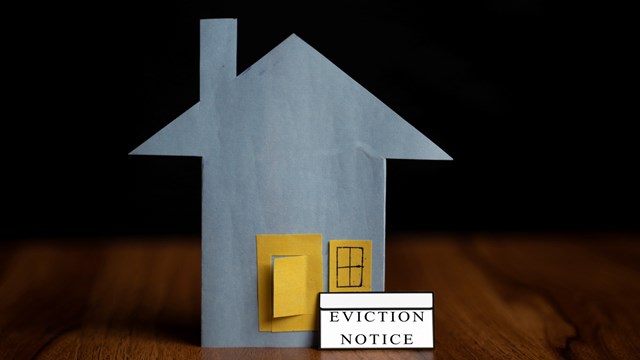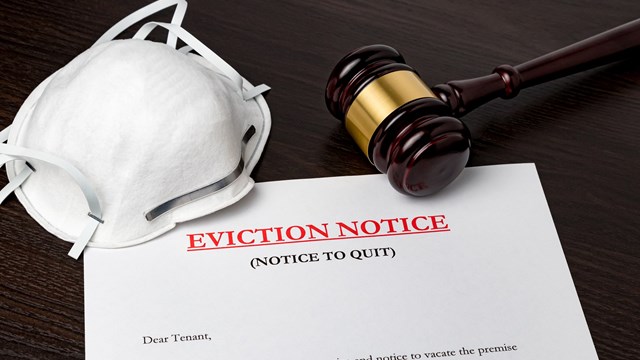Q I live in a co-op where some fellow owners and their children are very disruptive in the common areas and are damaging the building and my personal belongings. What are our rights? Some owners think that because we are all connected that our property is open space. What recourse do I have?
—Angry Co-op Owner
A “In condominium, cooperative and rental buildings, alike, building residents and visitors are expected to conduct themselves in accordance with all applicable laws and act with a reasonable care to other individuals in the building. This would naturally carry over into a co-op’s common areas,” says Jamie Heiberger-Jacobsen, Esq., president of the real estate law firm of Heiberger & Associates in New York. “A co-op should have house rules in place that govern the building’s common areas and set forth some behavioral guidelines that would create a default situation in which a nuisance shareholder could potentially face eviction for engaging in prohibited conduct. The rules should be as precise as possible.
“In general, the relationship between an apartment corporation and a shareholder is that of landlord-tenant and is pursuant to proprietary lease. Therefore, an apartment corporation can seek eviction for a substantial breach of the proprietary lease. Repeatedly disrupting fellow residents may warrant such extreme disciplinary action. A subsequent eviction proceeding would then require a board vote to set in motion.
“Should a shareholder find that fellow shareholders, or shareholders’ children, are continuously disruptive and damaging the property, he or she should compose a letter of complaint to the co-op board or file a complaint at a board meeting. If there is significant damage to personal property, a shareholder might commence a civil suit to recover for damage. What’s more, if any criminal behavior is observed, a shareholder could also file a police report.
“After a board hears a complaint and deems it valid, the board may issue a warning letter to the disruptive shareholder. After all, the disruptive shareholder may not even be aware that he or she has disturbed residents. Thereafter, if the behavior continues and the board elects to pursue an eviction, the board would have to adhere to the guidelines for the commencement of a summary eviction proceeding.
“These guidelines would be found in the proprietary lease (notice provision) and statute (RPAPL). The co-op shareholder would be entitled to a ‘notice to cure,’ which would allow a specified amount of time to remedy the situation. If the disruption or damage continues, he or she will be served with a ‘notice of termination.’ Keep in mind that evictions of all types can be extremely time-consuming and costly. As with most cases, legal action should be the last resort, only taken if earlier warnings are proven unsuccessful.”







Comments
Leave a Comment